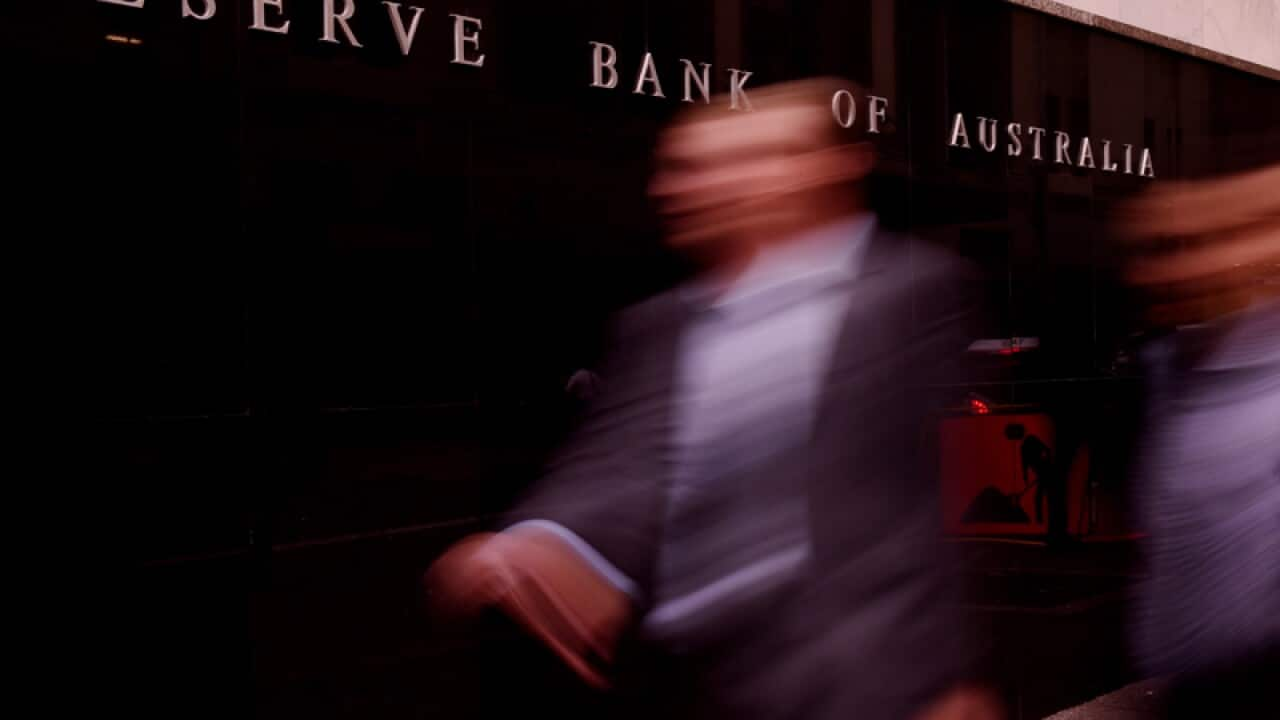Consumers are always wary of budgets and elections.
New figures show they were thinking twice before parting with their money even before Malcolm Turnbull brought forward the budget to May 3 and signalled a double-dissolution election was likely on July 2.
Australian Retailers Association executive director Russell Zimmerman anticipates 2016 will be a year of mixed fortunes faced with uncertain economic conditions, an election on the horizon, and an unpredictable Australian dollar.
Retail spending totalled $24.8 billion in February, unchanged from the previous month and when economists were expecting a modest rise.
Over the year, spending growth at 3.2 per cent was the slowest in two-and-a-half years.
Mr Zimmerman said while this is not a poor result, as retail is one of Australia's largest private sector employers, it is important the industry continues its momentum to be able to support the economy.
It is another reason for the Reserve Bank to keep the cash rate at a record low of two per cent when its board meets on Tuesday.
While Commonwealth Securities economist Savanth Sebastian does not expect a change in interest rates this year, he concedes the risks lie with another rate cut.
"The low-inflation environment ensures that the Reserve Bank has the capacity to cut rates if it deemed it necessary," he said.
The Melbourne Institute's monthly inflation gauge showed prices grew by just 0.2 per cent in March, dragging the annual rate down to 1.7 per cent and below the central bank's two to three per cent inflation target.
There was slightly more positive news on the home building front with approvals rising 3.1 per cent in February, although Housing Industry Association senior economist Shane Garrett is predicting about 200,000 new dwellings being built during 2016, a 9.2 per cent fall from last year.
"It seems increasingly likely that approvals peaked late last year," he said.
Jobs growth too is also likely to come off the boil after the strong pace in 2015 with the number of advertisements broadly unchanged since November.
ANZ senior economist Justin Fabo believes this could partly reflect caution among business due to heightened financial markets volatility and uncertainty about the global economic outlook.
"Domestic political developments over the past month and uncertainty about the timing of the federal election are also unlikely to have been positive for labour demand," he said.
Share

